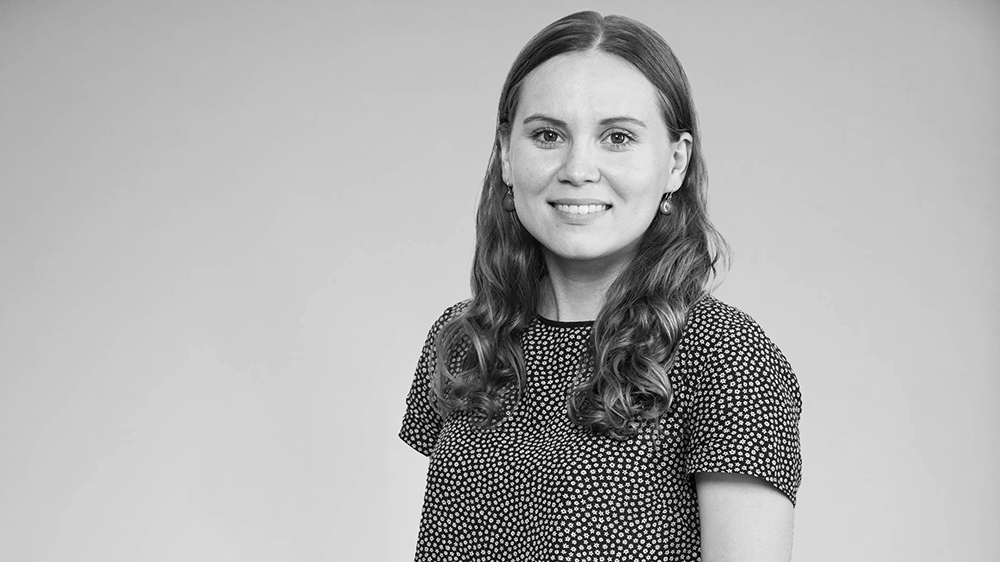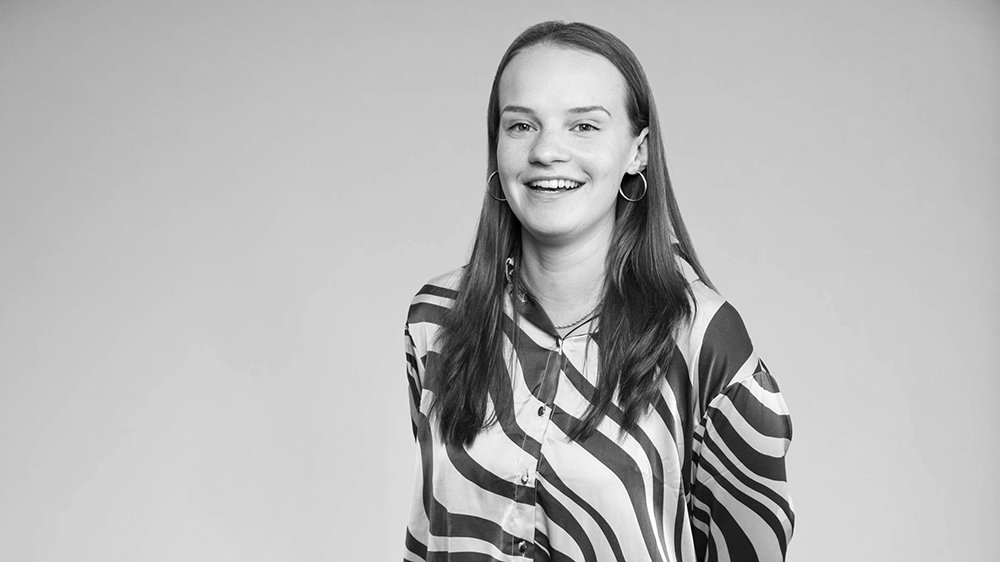The Finnish Academy of Science and Letters is launching a brand-new Science Sparring Masterclass today in Helsinki, Finland. The Masterclass brings together 24 experienced knowledge brokers from different organisations to a series of four peer-learning workshops. The goal of the Masterclass is to renew the culture of knowledge brokering and scale the use of the method to new organisation and projects. The hope is that more and more policymakers can utilise scientific evidence and researchers’ expertise in policy preparation. Registration for the Masterclass is now closed.
Why is knowledge brokering crucial?
Knowledge brokers act as bridges between researchers and policymakers. Without them, scientific research often remains underutilised, even though it would be essential for decision-making.
Science Sparring is a method developed by the Finnish Academy of Science and Letters in collaboration with Finnish ministries. It is essentially policy red teaming, where researchers review and comment on early policy drafts from the perspective of scientific evidence and expertise. The process is goal-oriented, anchored to a knowledge need of policymakers and facilitated by knowledge brokers.
Diverse expertise, peer-learning and networking
The Masterclass is based on peer-learning: Participants share their experiences and learn from each other on facilitating science-policy dialogues. The four workshops will be held in Helsinki between January and May 2026. The Masterclass will provide participants with an opportunity to learn from experts in the field, as well as expand their professional knowledge brokers’ networks.
In the first session on January 27th, speakers include Jaakko Kuosmanen from the Finnish Academy of Science and Letters and Kirsi-Marja Lonkila from the Finnish Ministry of the Environment. Both have been involved in developing the method of Science Sparring, and they will present the background of the method and its role in the broader context of evidence-informed policymaking. The first session will also explore the theoretical framework and impact of Science Sparring.
On March 3rd, speakers include Johanna Moisio from the Finnish Prime Minister’s Office and Mikko Lehtonen from the Finnish Ministry of Justice. The session will explore how the identification and definition of knowledge needs are a focal point for the Science Sparring process. The workshop will also include discussion on a concrete case example.
The workshop on April 14th will be organised in collaboration with the Dialogue Academy. Academy Director Janne Kareinen will introduce the fundamentals of dialogue, and the workshop will delve into the significance of dialogue as part of Science Sparring as well as the ethical aspects of facilitation and new opportunities offered by AI.
In the final workshop on May 12th, knowledge brokers Linda Lammensalo and Laura Väliniemi from the Finnish Academy of Science and Letters will simulate the structure of a Science Sparring workshop and share their experiences of facilitation. The workshop will review the entire Science Sparring process and reflect on the future of the method as a part of the field of knowledge brokering.
Support for adopting the method
The goal of the Masterclass is that each participant can organise Science Sparring in their own organisation or project during 2026–2027. The Academy will publish a Policy Red Teaming: A How-To Guide in Finnish in February and in English in spring of 2026. The guide will serve as background material and facilitate work with the method. After the spring, each Masterclass participant will have the possibility to receive guidance on organising their own Science Sparring.
Attendees of the Science Sparring Masterclass include experienced knowledge brokers working in Finland. Contact the knowledge brokers via the Masterclass participant gallery!
More information:

Linda Lammensalo
Knowledge broker
Phone: +358 50 308 7726
linda.lammensalo@acadsci.fi
Science for policy, especially science-policy dialogues

Laura Väliniemi
Knowledge broker
Phone: +358 40 091 0978
laura.valiniemi@acadsci.fi
Science for policy, especially science-policy dialogues

